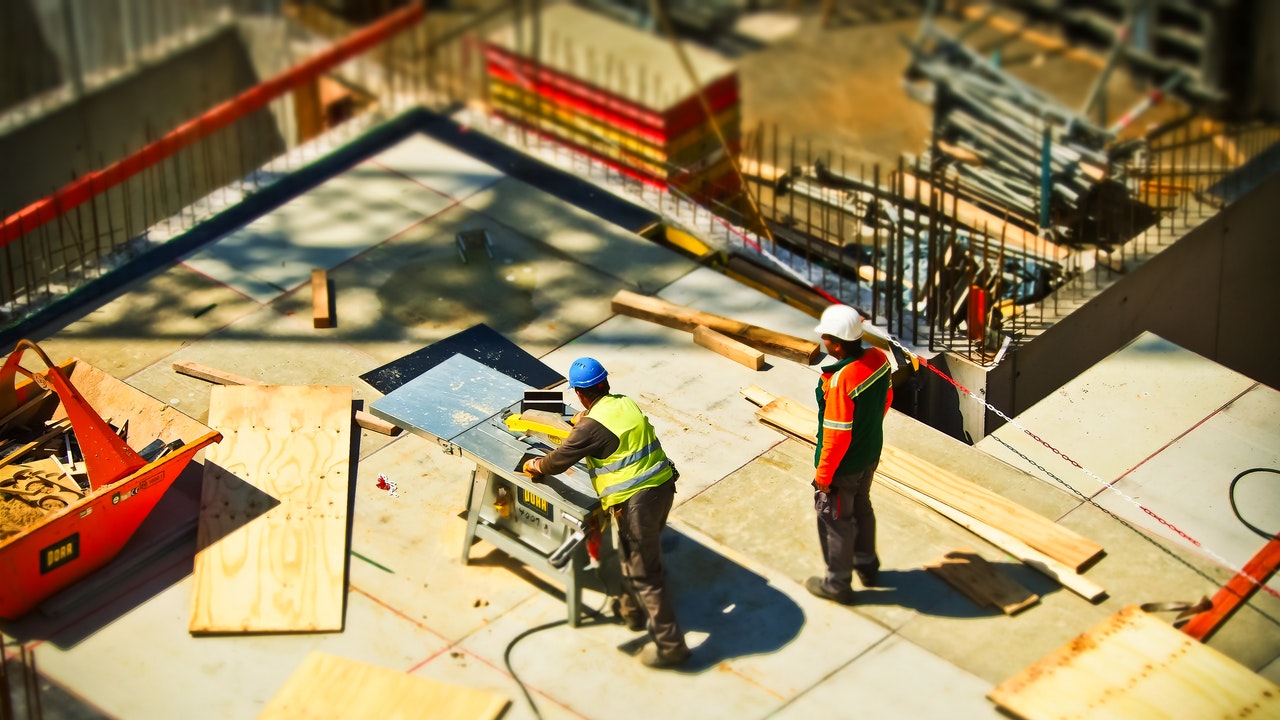RWA consortium launches drive to monitor compliance of pollution-control norms in Delhi
Atul Goyal, president of URJA said, The air pollution in these hotspots has been consistently high and there is a need to ensure implementation of the action plans of the government. Residents in these hotspots are the most affected by the high levels of pollution and can be the most instrumental in changing things on the ground.

- Country:
- India
United Residents Joint Action (URJA), a consortium of over 2,500 resident welfare associations (RWAs) in Delhi, launched on Friday a citizen-driven campaign to monitor compliance and implementation of pollution-control norms.
Representatives from 13 identified hotspots of Delhi will work closely with the municipal corporations in Delhi and help report incidents of waste burning, debris dumping or other violations in their area.
In 2019, the Central Pollution Control Board (CPCB) and Delhi Pollution Control Committee had identified Rohini, Dwarka, Okhla Phase-2, Punjabi Bagh, Anand Vihar, Vivek Vihar, Wazirpur, Jahangirpuri, R K Puram, Bawana, Mundka, Narela and Mayapuri as pollution hotspots in the city.
The hotspots have an annual average PM10 concentration exceeding 300 μg/m3 and PM2.5 concentration of more than 100 μg/m3. The CPCB safety standards are 60 μg/m3 and 40 μg/m3 for lung-damaging fine particles PM 10 and PM 2.5, respectively.
According to a report by the now-dissolved Environment Pollution (Prevention and Control) Authority, waste burning and construction and demolition waste have been identified as key problem areas for pollution in the hotspots.
As the hotspots continue to remain polluted, URJA, through nominated members, aims to monitor compliance and implementation by maintaining consistent contact with the deputy commissioners of the MCD zone of the hotspot and monitor violations, a statement said.
The representatives will also rope in other residents through Whatsapp groups, to use their mobile phones to take images and videos of incidents of garbage burning, construction and demolition waste dumping, fumes from industries restaurants and roadside cooking. Atul Goyal, president of URJA said, ''The air pollution in these hotspots has been consistently high and there is a need to ensure implementation of the action plans of the government.'' ''Residents in these hotspots are the most affected by the high levels of pollution and can be the most instrumental in changing things on the ground. We need to set the Delhi government's accountability to its citizens and demand a roadmap for 12 per cent annual pollution reduction and two-third by 2025, as was committed by them during Delhi elections,' he added.
(This story has not been edited by Devdiscourse staff and is auto-generated from a syndicated feed.)










